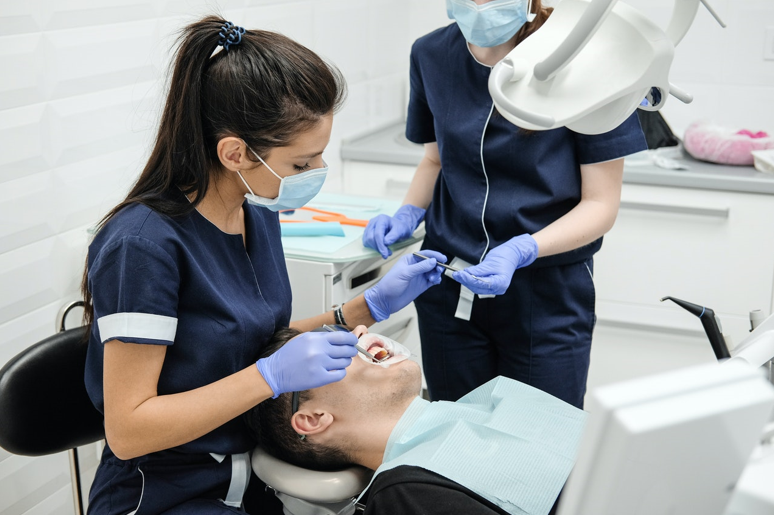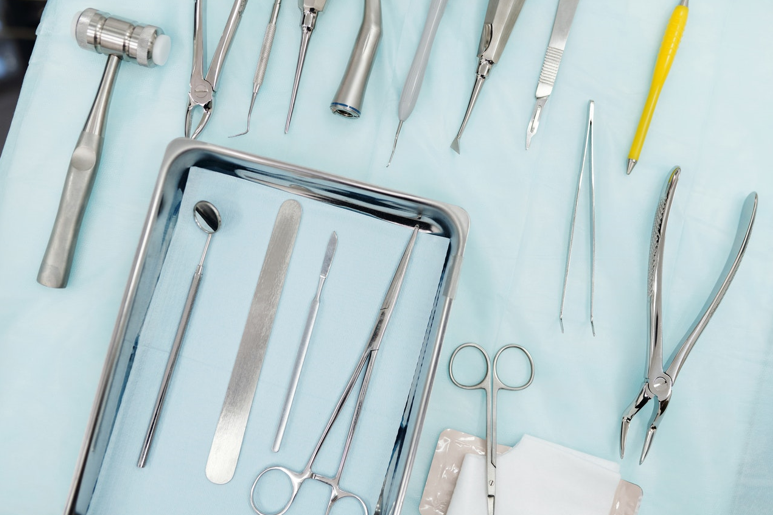Dental Surgeons And Dentists

When searching in a market place full of dentist in W1 vying for patients, there are numerous qualifications, letters and certificates to muddle through which can leave you puzzled as to what a dental professional can do. What do those letters mean? What adds to the complexity is the mix of terms between US and UK health care systems. In the UK, all dental professionals are registered with the GDC General Dental Council and you can look them up on the public register found on their website. This can be great for seeing where your dentists gained their qualifications and in which speciality, but there is an ambiguous term you will likely come across; dental surgeons.
In the US, this is a separate job title from a regular practitioner, but what does it mean in the UK?
A dental surgeon is far more equipped to work in an operating theatre although the fields do overlap considerably and a dental surgeon is a fully recognised dentist. But what might they be called in the UK?
Maxillofacial surgeon
The sub-speciality of the maxillofacial surgeon is dedicated to operating on the complex soft tissues of the face and jaw. With their extensive blood supply and the risk of damaging nerves which could easily result in partial facial paralysis, it is a challenging discipline.

Dental osteopath
The dental osteopath works with the bone of the upper and lower jaw performing tasks like bone rafting adding plates and draining infected jawbones. These treatments have to be performed under full anaesthesia, so they work closely with anesthesiologists.
Non-specialised dentists performing surgery
The lines of surgeries being performed in an operating theatre and dental procedures occurring in a standard clinic have become blurred, especially with the rise in popularly of dental implants. As implants are a surgical procedure which would have exclusively been performed by dental osteopaths in the past, with a bit of dedicated training, they can be fitted in a clinic by a non-specialised dentist.
Dental anaesthesiologist
The most significant divergence between a general dentist and a dental surgeon is their familiarity with full anaesthesia. It would be unmanageable for a surgeon to monitor a patients sedation and life signs whilst also trying to perform the surgery, so this role is filled by a dental anesthesiologist. However, a practising surgeon still needs to be aware of how the sedation is being administered and what complications could arise.
Primary and secondary care
The organisation of dentists and dental surgeries is tiered into primary and secondary care, with a general dental team referring patients on to an oral surgeon when deemed necessary. There are exceptions to this in some of the largest private practises.
Their professional relationship is similar to that of a GP and consultant; to meet the needs of their patients by sorting and referring. Treating simple cases at the primary cared level and only referring on complex cases that require the expertise of a specialist allows their time and resources to be used effectively, and the dental clinic can meet the treatment needs of their community.
